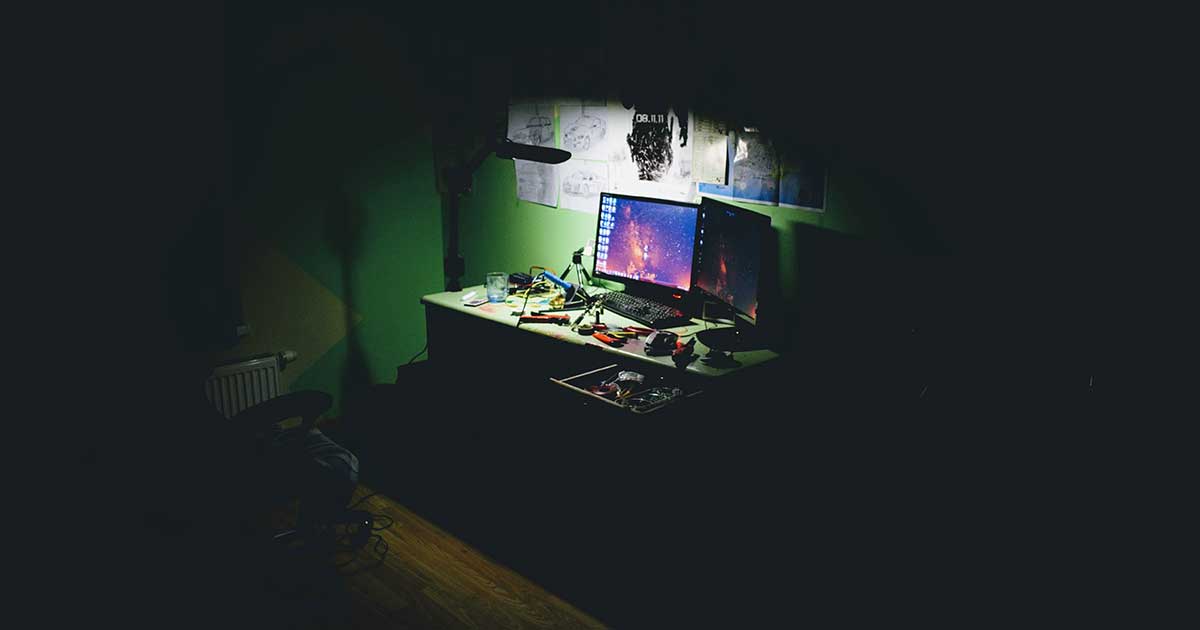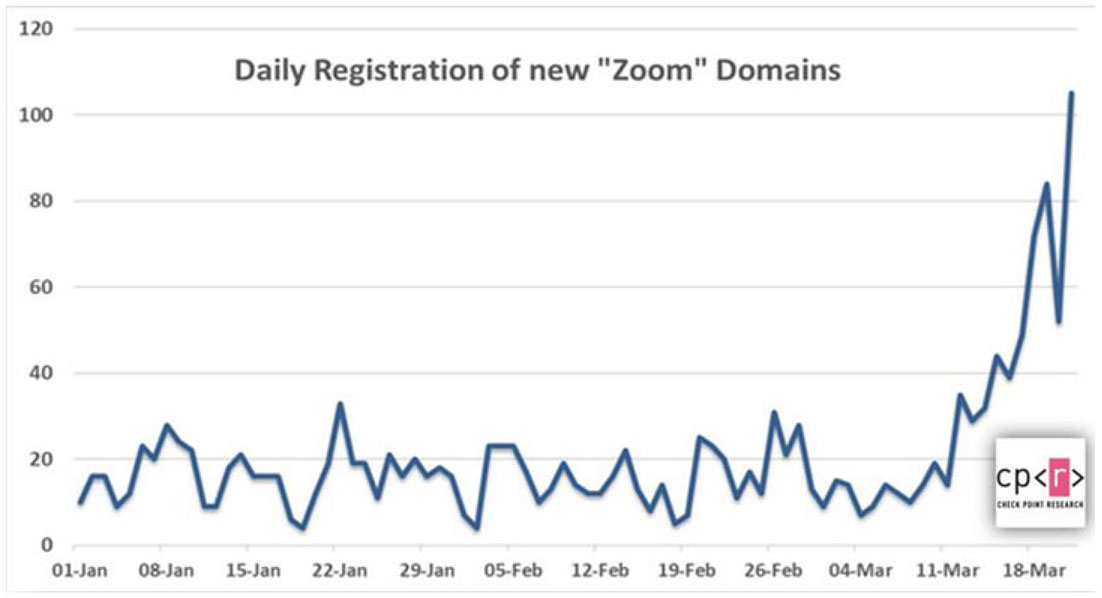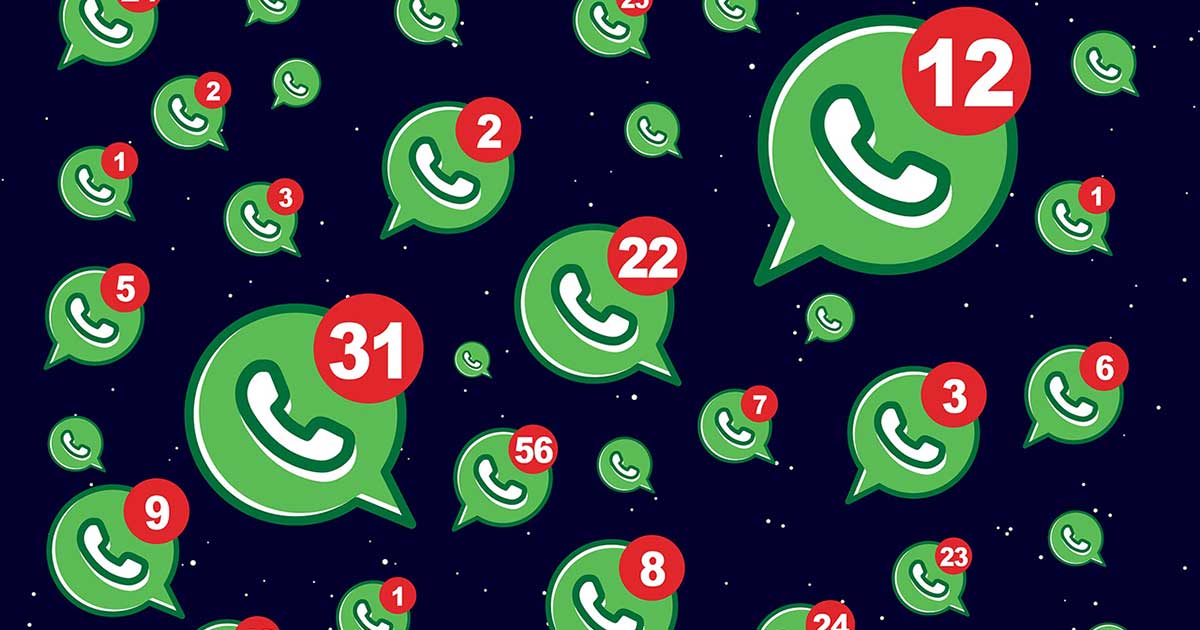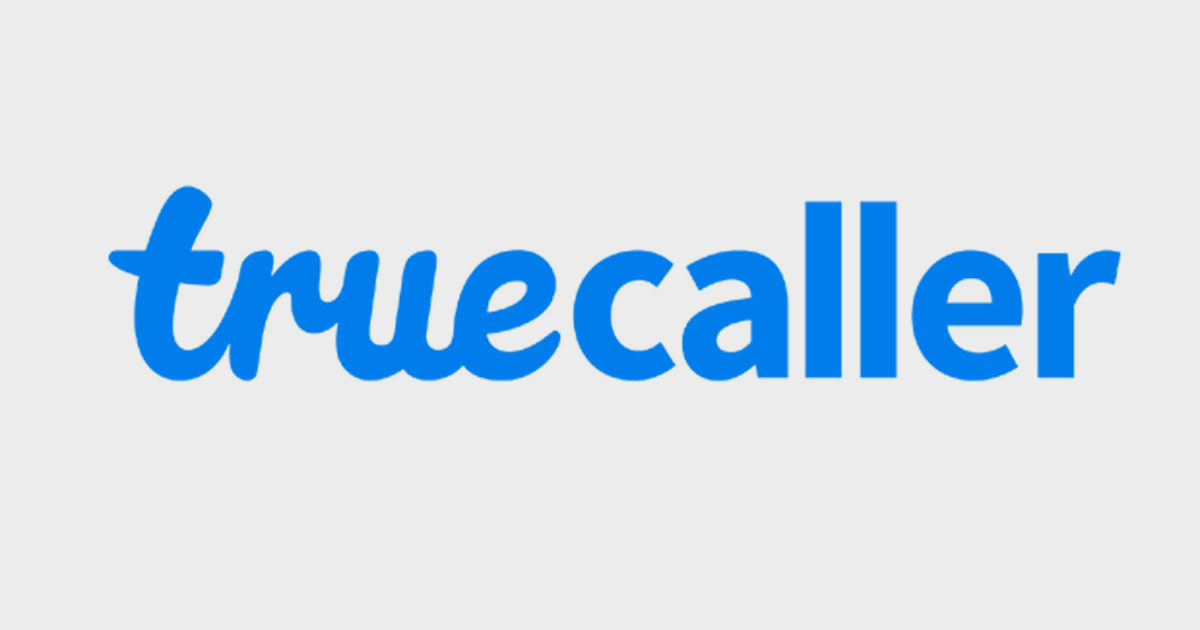
Are you working from home?
The most common answer is yes.
As you don't really have an option.
But sadly the hackers have.
With an alarmingly high global population staying put at homes and using virtual communication platforms like 'zoom' to communicate online, the bad actors of the world are making the most of the moment by coming up with phoney platforms to cajole the innocent and the unsuspecting.
As per international news thousands of malicious 'zoom' platforms are being targeted at the working population of the world in order to fool them into clicking corrupted sites and emailed links and get caught in data stealing traps affecting their devices with malware.
According to a report published by Check Point over 1,700 new "Zoom" domains have been registered with the beginning of the global Coronavirus attack with 25 percent of the domains registered in the past seven days alone.
"We see a sharp rise in the number of 'Zoom' domains being registered, especially in the last week," said Omer Dembinsky, Manager of Cyber Research at Check Point.

Used actively by over 74,000 customers and 13 million monthly users, Zoom is one of the most popular cloud-based enterprise communication platforms that have virtual communication options like chat, video and audio conferencing, options to host webinars and virtual meetings online.
With the world practically forced to shut up behind closed doors due to the fear of Corona, students, business people and even government employees have taken to the Zoom platform to work from home, thus accentuating its reach and usability.
Hence the skyrocketing malware attacks, phishing campaigns, scam sites and malicious tracker apps unleashed by hackers on the internet.
There are other malicious files with the name "zoom-us-zoom_##########.exe," which when executed install potentially unwanted programs (PUPs) such as Install Core, a dodgy bundle ware application that installs other kinds of malware further.
There are other different types of online communication sites also catering to virtual classroom coaching like 'Google Classroom' which have been corrupted by hackers off late with similar intention.
Apart from the present Corona crisis Zoom has been subjected to a host of security issues in the past as well.
Hence it is advised to keep the application updated and abstain from indulging in unknown links.
ISOAH is the organization which keeps your system vulnerability free and safe from cyber corruption.
Read more on Corona and cyber safety: www.isoeh.com/exclusive-blog-details-Hackers-Are-Taking-Corona-Camouflage-to-Hit-Targets-across-the-World.html
Exclusive Blog
Read All Exclusive Blog »
With world working from home, it's time to make it enjoyable and effective.
Read DetailsHacking Tools
Explore All Hacking Tools »
UFTP is an encrypted multicast file transfer program for secure, reliable & efficient transfer of files. It also helps in data distribution over a satellite link.
Read Details







